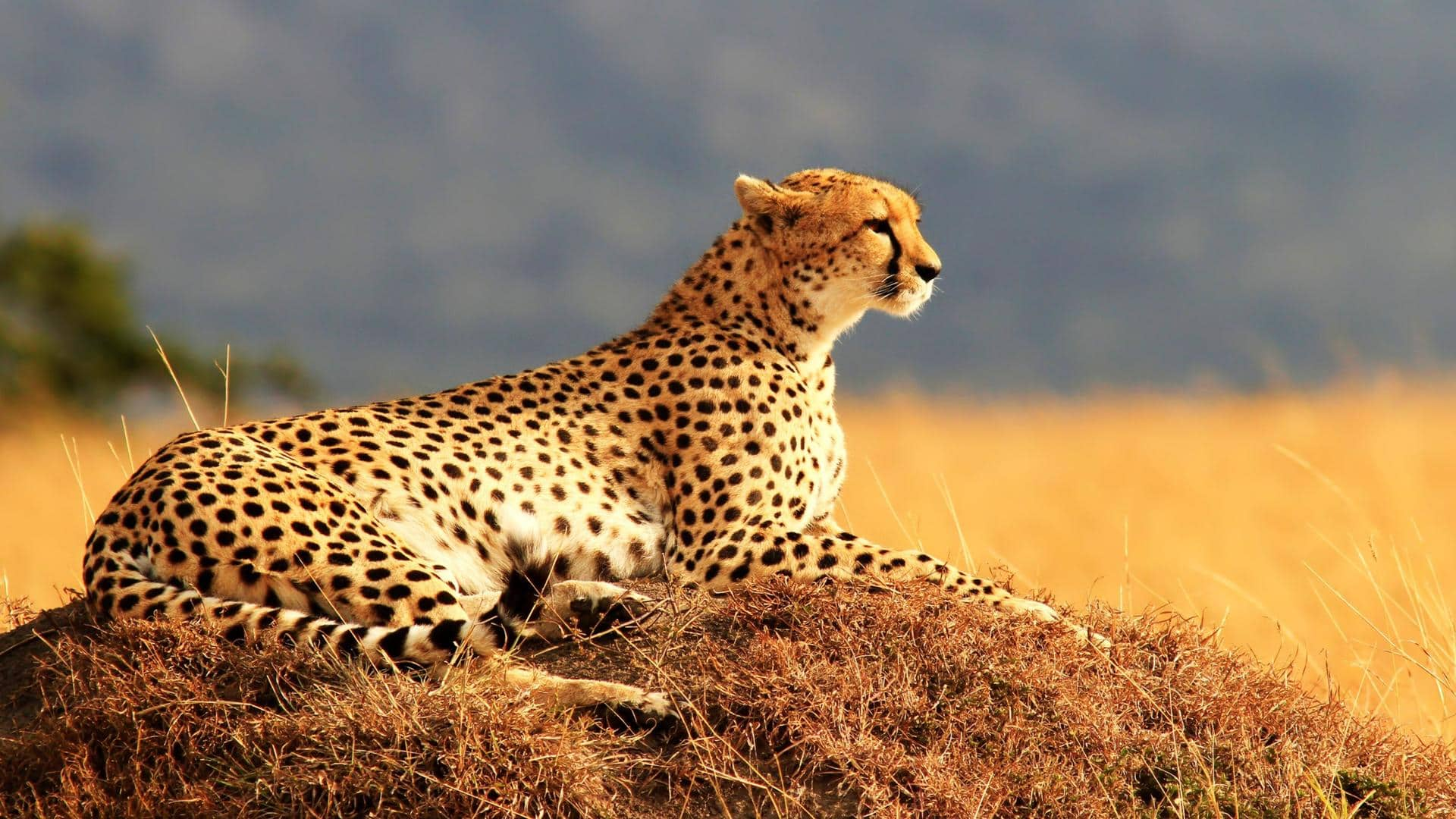
Madhya Pradesh: India all set to welcome 12 African cheetahs
What's the story
The Kuno National Park in Madhya Pradesh is all set to welcome 12 cheetahs from South Africa on February 18, Environment Minister Bhupender Yadav informed at a recent press conference in Delhi. Eight Nigerian cheetahs were brought to the park from Namibia in September last year and this is the second batch of big cats to arrive in Kuno. Here's more to it.
Arrival
The cheetahs will be kept under one-month quarantine upon arrival
The latest batch includes five female and seven male cheetahs. The felines will be traveling from Johannesburg to Gwalior by Indian Airforce Boeing C-17 following which they will join eight other Nigerian cheetahs already residing in Kuno. However, they will be kept under one-month quarantine upon arrival. According to Yadav, workshops will be held with cheetah experts on February 20 to discuss management issues.
Project
The felines are getting introduced in India under Project Cheetah
Prime Minister Narendra Modi decided against releasing wild cheetahs in India in September 2022 since in the late 1940s, Asiatic cheetahs became extinct in India. These cheetahs from Africa are getting introduced in India under Project Cheetah, the first inter-continental large wild carnivore translocation project in the world. The agreement for transfer was signed by South Africa in January.
Final agreement
The cheetahs have been quarantined in South Africa since July
Asiatic cheetahs became extinct in India due to loss of habitat and excessive hunting. Supreme Court of India announced in 2020 that African cheetahs could be brought in at a "carefully chosen location" on an experimental basis. The 12 cheetahs have been living in quarantine in South Africa since July. A delay in their translocation was caused due to final agreement discussion.
Ecosystem
The project will help restore India's forest and grassland ecosystems
The long quarantine periods of cheetahs have been criticized by wildlife experts since it affects the health and fitness of the big cats. Since the 1950s, India has been making efforts to reintroduce cheetahs to ensure sustainability and environmental protection and conserve biodiversity in the country. This reintroduction project will help restore forest and grassland ecosystems in India and build up local economies.
Challenges
The cheetahs will face new challenges when released in India
According to South African conservation biologist Vincent der Merwe who is coordinating the translocation process, the six-month quarantine period made the cheetahs weak and affected their fitness due to the prolonged period of inactivity. They also have to face new challenges when released in India into the wild. "The cheetahs should be released into free-ranging conditions after the quarantine period is over," Merwe said.